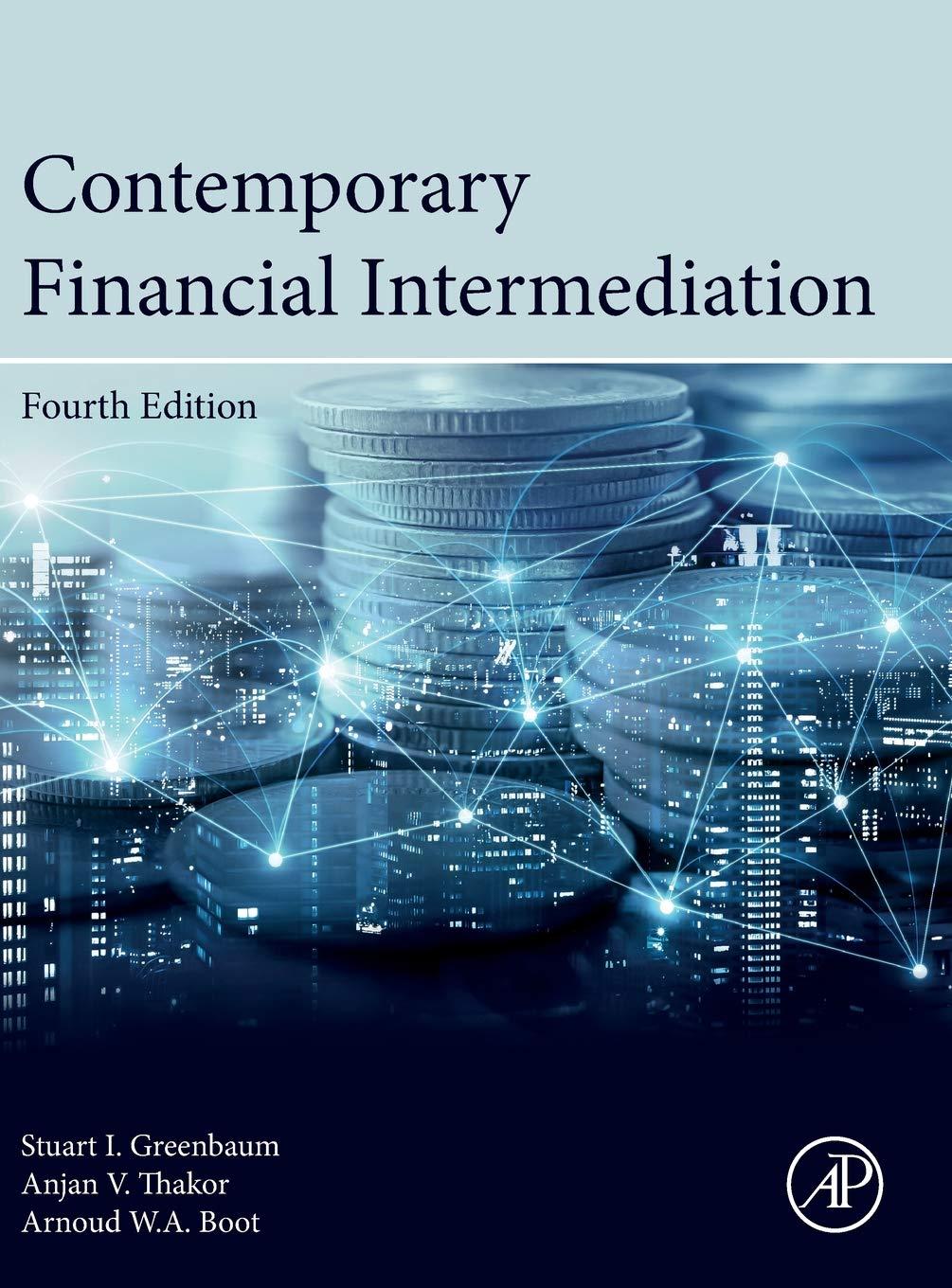Consider a used car market in which differences in the care with which owners use their cars
Question:
Consider a used car market in which differences in the care with which owners use their cars lead to quality differences among cars that started out identical. It is natural to suppose that the owner of the used car knows more about its quality than potential buyers.
As an example, assume that there are three possible quality levels that the used car in question can have, q1 > q2 >q3 = 0. If the quality level is q3 , the car is a lemon. Such a car would be priced as being worthless if buyers could correctly assess its quality. If the quality is q2 , the car has a value of $5, and if the quality is q1 , the car is worth $10. Assume that all agents are risk neutral and a buyer does not want to pay more for a car than its expected worth. In a similar vein, the car owner does not wish to sell at less than what the car is worth. Suppose that each car owner knows his car’s quality, but buyers only know that cars for sale can be of quality q1, q2, or q3. Faced with a given car, they cannot identify its precise quality. However, they believe that there is a probability 0.4 that the quality is q1, a probability 0.2 that it is q2, and a probability 0.4 that it is q3. What will happen in such a market?
Step by Step Answer:

Contemporary Financial Intermediation
ISBN: 9780124052086
4th Edition
Authors: Stuart I. Greenbaum, Anjan V. Thakor, Arnoud Boot





